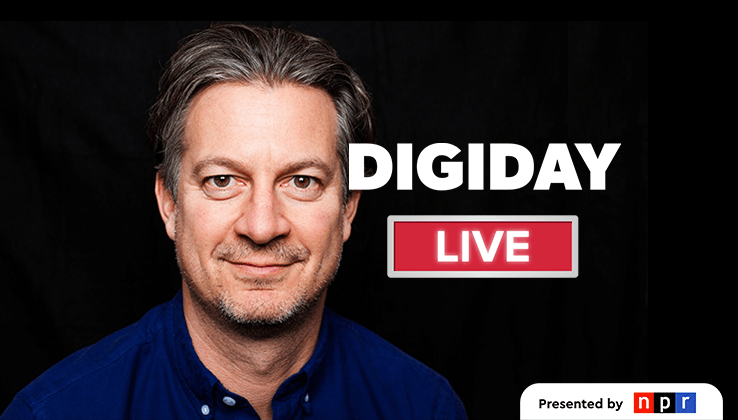Secure your place at the Digiday Publishing Summit in Vail, March 23-25
Dotdash’s Neil Vogel: ‘We don’t care about Facebook and never did’

Subscribe: iTunes | Stitcher | RSS | Anchor
Nearly two years ago, About.com turned into Dotdash. Since then, they’ve made tweaks to their approach to platforms that have garnered over $100 million in revenue and almost 80 million uniques a month on comScore, which is twice the amount that they started out with. Dotdash, CEO Neil Vogel shared this change of approach and strategy for About.com’s reinvention in a session from the Digiday Publishing Summit held in Key Biscayne, Florida. Edited highlights below.
Starting out helpless.
“When we were About.com it felt like we had control over nothing. You’re getting banged by everybody, and the walls are caving in on you. We decided to build our new brand and verticals. We’re owned by IAC, and it’s helpful that they have a slow-money approach to us. Hearst has a tech blog where they rate the speed of the sites online. We are faster than AMP. We decided to have fewer ads on our sites. The bet was fewer ads [would make the sites] very viewable. That worked. We do want to be the best.”
Focusing on product and distribution over ad viewability.
“If we have the fastest sites, then we only have to think about product and distribution. If you’re a scaled publisher, you have dependence on platforms. People will come to you from platforms and not your emails. We had to pick the platforms where we thought we had some control.”
Choose platforms that align.
“We looked at Google because it [also] answers people’s questions. They want to serve the best content for every query. Pinterest wants the best images and that’s we do with our content. Flipboard, Apple News, same thing. We can’t control their algorithms but if we decide who to work with, it can work. When we got to Facebook, we couldn’t figure out how they were going to choose to populate its content. They couldn’t either. Today it’s cat pictures, tomorrow it’s news. It made us very nervous. So, we didn’t engage. We don’t care about Facebook and never did. And in all this time, our comScore numbers went from 40 million to 80 million. We like Instagram a lot for branding. We’re kicking around with Snapchat, and Twitter is not for us.”
More in Media

How creator talent agencies are evolving into multi-platform operators
The legacy agency model is being re-built from the ground up to better serve the maturing creator economy – here’s what that looks like.

Why more brands are rethinking influencer marketing with gamified micro-creator programs
Brands like Urban Outfitters and American Eagle are embracing a new, micro-creator-focused approach to influencer marketing. Why now?

WTF is pay per ‘demonstrated’ value in AI content licensing?
Publishers and tech companies are developing a “pay by demonstrated value” model in AI content licensing that ties compensation to usage.








